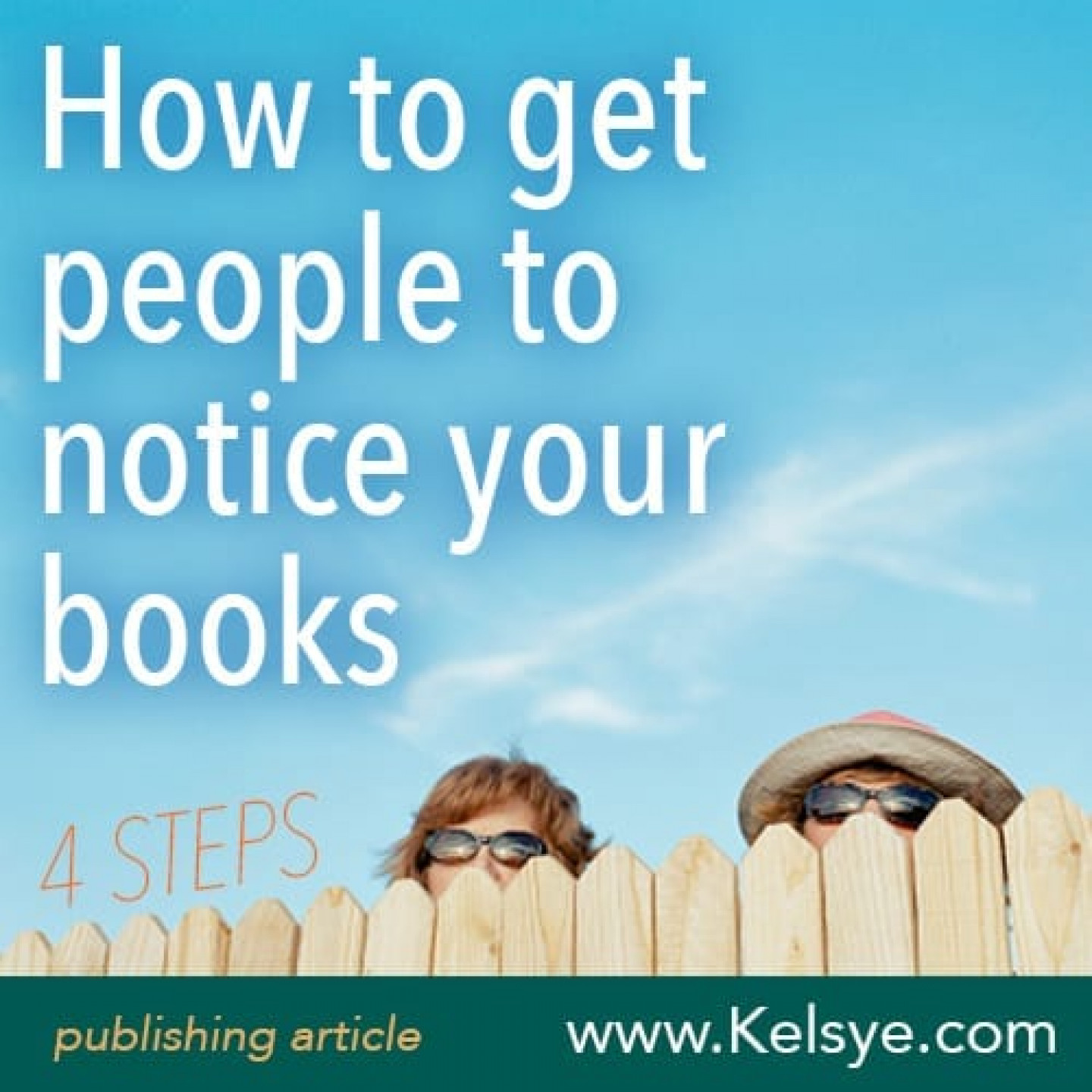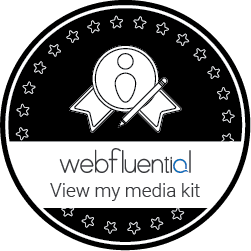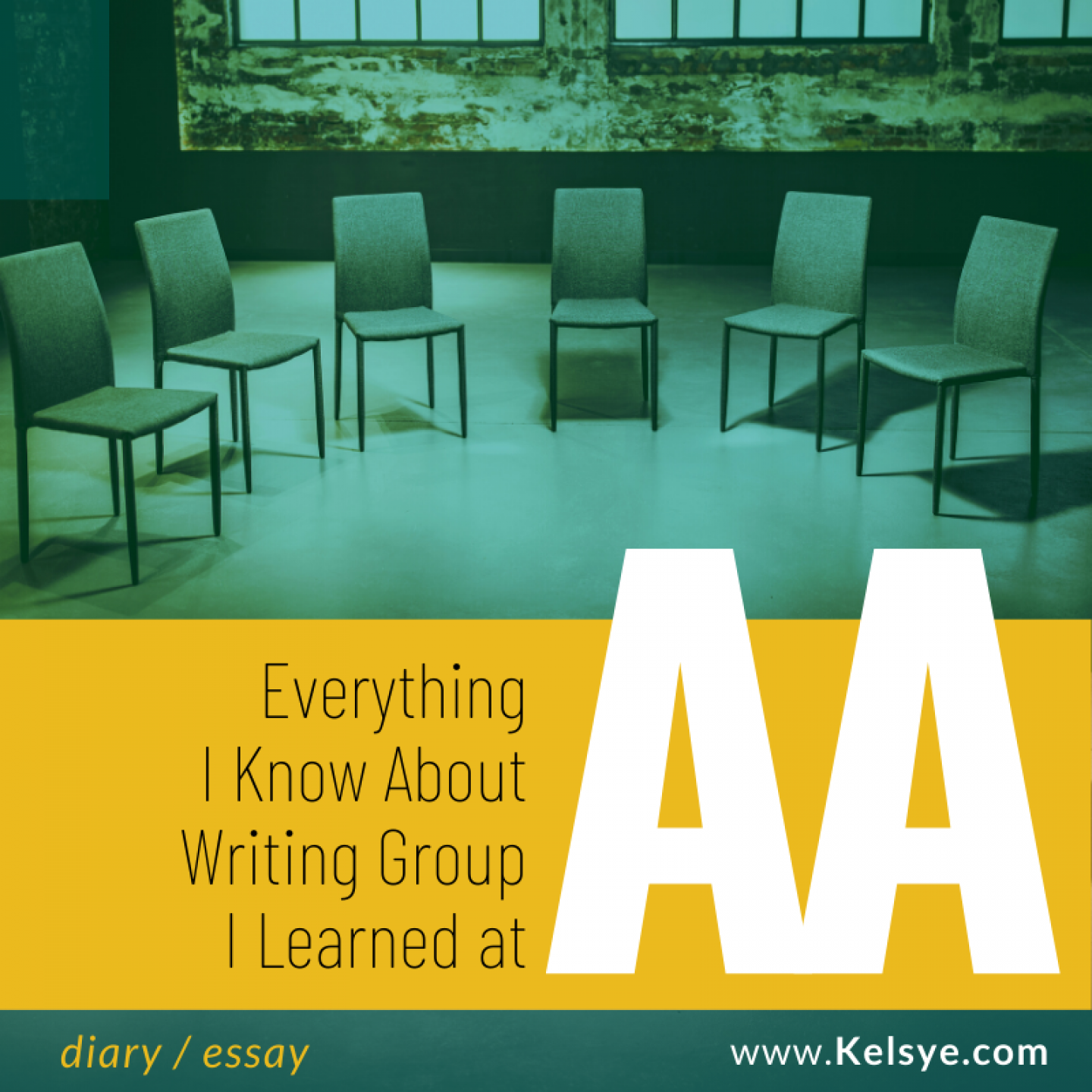 Do you wish you knew how to get people to notice your books?
Do you wish you knew how to get people to notice your books?
In a very crowded market, it may feel impossible to get your books the attention they deserve. Many authors complain that they spend incredible amounts of time on marketing, but don’t see many sales result. Worse, they don’t even have time to write!
It doesn’t need to be that difficult to find your audience and give your books the readers they deserve. Here are four steps to getting your book noticed.
1. Publish your book with a professional, compelling cover design and description. It doesn’t matter how many eyeballs you get on your book if the cover turns them off.
2. Create a compelling offer. No, “buy my book” is not a compelling offer. Imagine readers are discovering you for the very first time. What can you do to make it easier for them to take a risk with a new author? Limited time low pricing can work, but doesn’t help support your career. Can you offer a free sample? A bundle with other products? Companion material that is free for you to produce and distribute — such as guides, education, videos or audio?
3. Expand your reach. With a beautiful book and a compelling offer in place, NOW you are ready to start spreading the word about your book. Start sharing with your personal network, grow your following on social media, share your free content on sites such as LinkedIn and Medium, email your list, schedule readings and talks, offer guest posts and reach out to influencers.
Caution! If you don’t have an attractive book and a compelling offer to send all the attention to, your efforts will not have the impact you desire. Your time will be wasted.
4. Advertise. Yes, sometimes you get out what you put in. I’ve seen the best results with two particular ad channels. I love the precision and control offered with Facebook ads. I’m blown away by the reach and result achieved with BookBub ads.
While these 4 steps will help you with an individual book push, you’ll fare even better if you grow your personal audience. Perhaps you’ve heard of Kevin Kelly’s theory that an artist really only needs 1,000 true fans to support a career?
What if instead of a constant hustle, you spent your time gaining your 1,000 fans? With a solid fan base, each work has a strong launching pad that will amplify all of your efforts.
Want help with this?








 Promoting your books does not need to be a painful exercise in narcissistic flailing and squandered efforts. Approached with the correct mindset, it might not only be very effective, but also fun! If you would like to know how to use Twitter without embarrassing yourself or wasting time, here is what you must keep top of mind. It's the biggie...
Promoting your books does not need to be a painful exercise in narcissistic flailing and squandered efforts. Approached with the correct mindset, it might not only be very effective, but also fun! If you would like to know how to use Twitter without embarrassing yourself or wasting time, here is what you must keep top of mind. It's the biggie...
 So little time, so much to do, right? As an author, not only do you have to actually write your books, but you also need to promote your works to readers. This can be an incredible amount of work. While social media provides direct access to millions of potential readers, most authors fail to use platforms in way that effectively promotes their books. It's easy to waste a lot of time messing around on social media without getting results. So, why should authors be on Twitter?
So little time, so much to do, right? As an author, not only do you have to actually write your books, but you also need to promote your works to readers. This can be an incredible amount of work. While social media provides direct access to millions of potential readers, most authors fail to use platforms in way that effectively promotes their books. It's easy to waste a lot of time messing around on social media without getting results. So, why should authors be on Twitter? Authors on social media often struggle in the beginning.
Authors on social media often struggle in the beginning.





